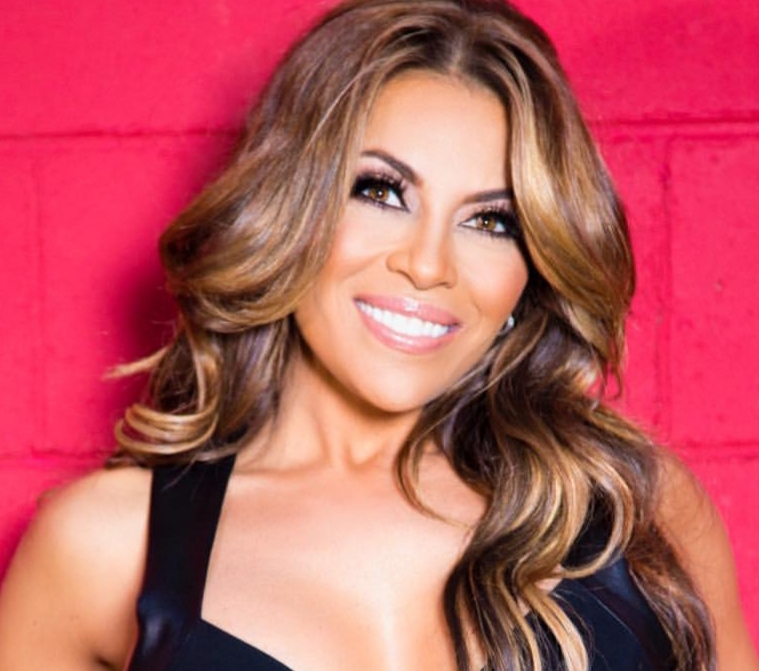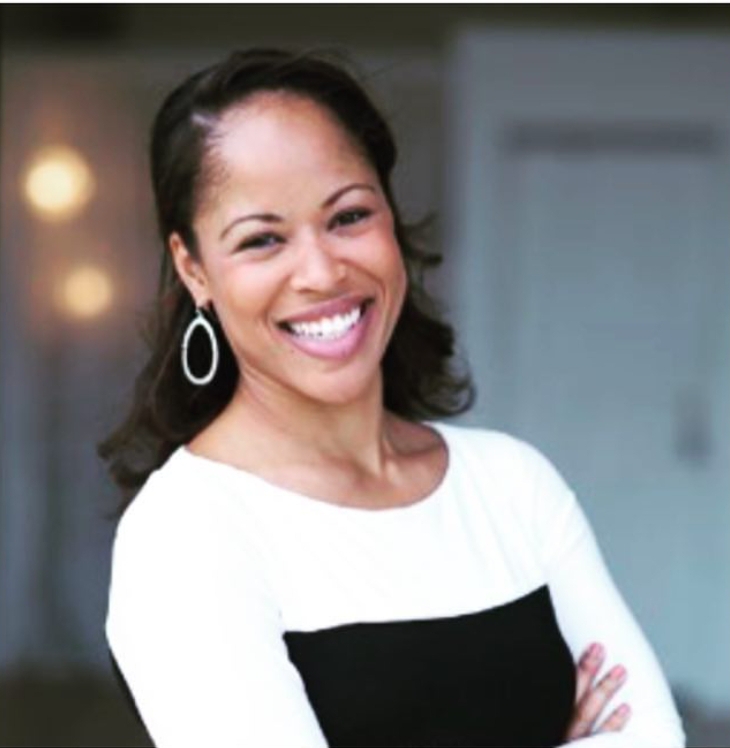This is the journey of another first generation woman of immigrant parents, growing up and turning the American dream into reality. I’ve known Dr. Raval since we were children. We lived in the same apartment building. Both of our parents came to the states for similar reason; improve the quality of life for their future family. When they came here they shared similar lifestyles of working hard, raising their children and giving them opportunities for a good education.
We went in different paths after our building caught fire in 1987 and we lost our homes. Her family remained in Passaic, NJ. “We didn’t move out of Passaic like most of the other families. People were moving forward and I felt we weren’t,” said Dr. Raval. “Financially it wasn’t feasible for us to move out of the community,” she said. Despite the feeling of being stagnant for years, Dr. Raval felt her early childhood was great. The Indian culture was appreciated and the sense of community was helpful for her siblings and parents she felt. As per Dr. Raval, “It was good and bad when I look back at it.”
She recalls her father would always be in and out of jobs and the pay was not good. When she was eight, her father developed retinitis pigmentosa which caused loss of vision along with difficulty in him holding onto jobs as well. Despite facing struggle after struggle, Dr. Raval says her parents always valued education. They were dedicated to giving their children whatever opportunities were possible. “They made sure we always sat down, did our homework and earned good grades,” said Dr. Raval. The structure her parents provided gave her focus, focus away from her social situation. “I was a larger kid and internalized a lot of these feelings” recalls Dr. Raval. Her self-confidence was one more obstacle, but she built that up over the years by turning her experiences and observations into fuel and motivation. Throughout the years she remembers telling herself “This is who I am now, but I’ll show you.” And show everyone, she did. She lost weight and excelled in school.
Dr. Raval attended Rutgers University and quickly figured out she wanted to be in the medical field. Attending Rutgers gave her the opportunity to move away, but still be close enough to come home regularly as they’re a tight knit family of five. “We always came back to our one-bedroom apartment in Passaic and that was part of the strive for us; to eventually leave that environment and come out on top.”
After her initial four years, she went onto medical school. She was always fascinated with the brain, how the wiring of it works and how it translates into movement and speech. She started her rotations in medical school and left neurology until the end. She knew she needed a fast pace and gratifying lifestyle. She realized at the age of 24 that this is what she wanted to do. “It was quick, I picked a mentor and started doing research.” She matched for residency in neuro in Boston. “It was a big decision knowing I would be giving seven years of my life to this and would be putting a lot of other things on hold” said Dr. Raval. As she dove deeper in, she once again realized she needed more and found interest in surgery. “Being a female neurosurgeon is cut throat and competitive,” she said.
Life continued on around her though. Her family bought a home and moved out of the community they grew up in and Dr. Raval met her now husband during her fourth year of residency. They carried on a long distance four-year relationship. He proposed two years before completion of her residency, but she knew it wasn’t going to happen then. “I had to focus and finish out my seven years,” said Dr. Raval. She did just that and he waited patiently.
Dr. Raval is now married and currently part of a private practice that works out of Staten Island University Hospital. Up until recently, she was the only female neurosurgeon at the hospital. She averages anywhere from 30-45 patients a week and 3-10 surgeries a week. She’s been in surgery for as long 16 hours. “It’s mind over matter. I can do this. What are the consequences going to be if I don’t? My focus is to get the patient off the table alive” said Dr. Raval. She goes out and talks to family members after removing brain tumors and describes it as “feeling sense of accomplishment.” She has lost patients as well and “the younger they are, the tougher it is,” Dr. Raval said. When things happen suddenly “I feel like this shouldn’t happen to people. I have to prevent myself from connecting. I want to be able to relate and support them, but if I get too invested emotionally invested I can’t continue doing what I ‘m doing” she said.

Thirty years ago Dr. Raval didn’t think this is where she would want to be. She feels successful, but her definition of success has changed. “It’s not about how many kids you have, or how many milestones society expects you to reach that you’ve checked off. It’s about how happy you are and having a good support system” Dr. Raval said.
When asked what she sees for her future Dr. Raval honestly responded, “At this point in my life I’m not sure. The struggles are ‘Do I stay where I know what the medical environment is like and the stress has increased?’” She continues to search for her balance, but also continues to have determination to continue making strides, making a difference and remaining happy.
Dr. Raval’s motto in life and advice to people, “If you really want something, just keep working hard at it. It doesn’t matter how talented or smart you are. You will appreciate the effort you put into it.” Dr. Raval remains as humble as I remember from when we were children. She didn’t let her success change who she is at the roots.
Best,
Tanvi Mathew, MS, LPC
EMERGE- The Counseling & Coaching Center
.






